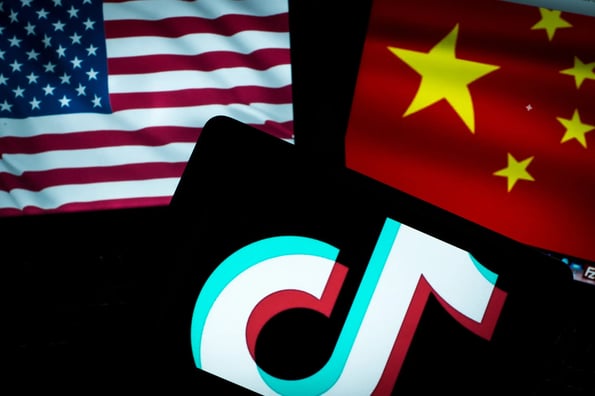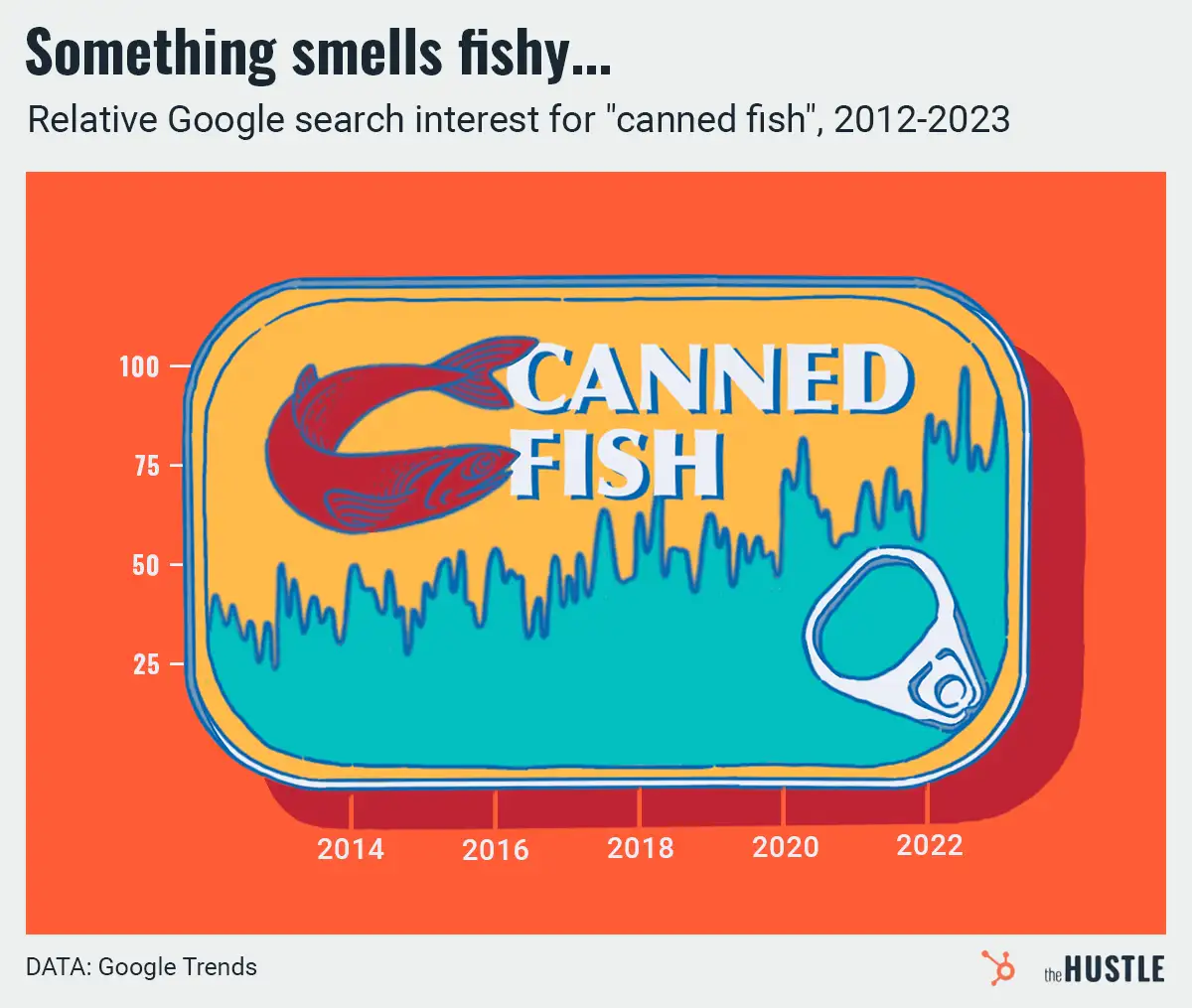TikTok’s fate will perhaps, quite fittingly, be decided by a choreographed dance.

In prepared testimony before Congress today, TikTok CEO Shou Zi Chew aims to assure US lawmakers the app is safe from Chinese government influence.
Chew — and the 150m+ Americans who use the social video app — will soon learn if those assurances are enough to stop the US government’s continued pursuit of a ban.
Everyone is in a pickle here
Per The Wall Street Journal, the Biden administration has so far stayed firm on its request: Chinese parent ByteDance must sell their TikTok shares or risk banishment.
Negotiations have spanned two administrations. There’s bipartisan unity around fears that ByteDance would cede user data to Chinese authorities.
- Chew refutes this, assuring feds his team operates independently — and within global privacy laws. His testimony cites “Project Texas,” the app’s US data firewall initiative, eight times.
Both sides are digging in: TikTok has expanded public outreach this week. More members of Congress say they back legislation that would allow Biden to ban the app.
- This isn’t just a US thing — Dutch officials just joined British and EU leadership in pulling the app from government employees’ work phones.
TikTok’s content is fleeting — its repercussions are not
A ban may damage politicians’ standing with TikTok’s younger fanbase, a group that already turns out to vote in small numbers.
- Only 27% of Americans under 30 voted in the last midterms (actually a relatively high mark).
- Further complicating things, per WSJ, political parties have invested in reaching younger voters using — you guessed it — TikTok.
- Commerce secretary Gina Raimondo on a potential ban: “The politician in me thinks you’re going to literally lose every voter under 35, forever.”
The financial ramifications are significant as well. TikTok is central to the $100B creator economy, per Forbes.
- Insider Intelligence data projects TikTok’s ad revenue will pass $11B by next year. (That would top Snapchat, Pinterest, and Twitter.)




